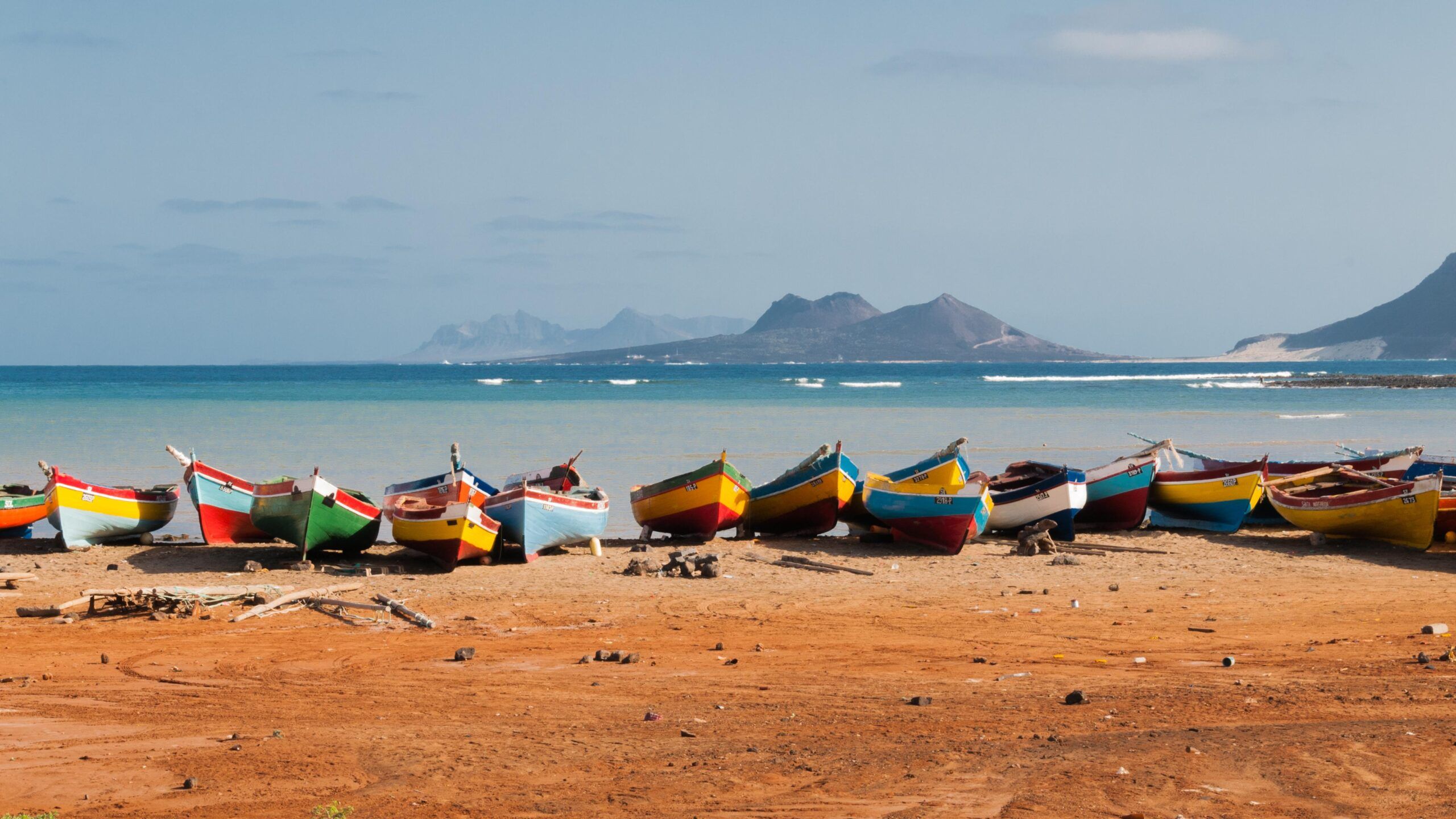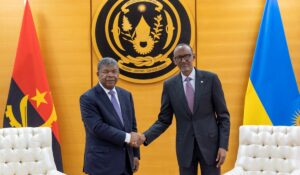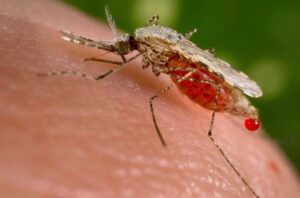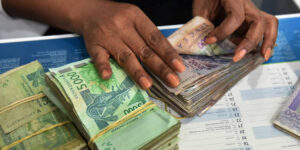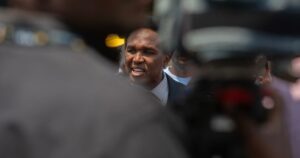“Our geopolitical location and proximity to Africa, Europe, and the United States are significant factors for Cape Verde,” Correia e Silva stated, emphasizing the country’s long-standing connection to the European Union and its economic alignment with the euro since 1998.
In the United States, Cape Verde boasts the largest and oldest diaspora community, fostering development, cooperation, and security partnerships.
Correia e Silva also noted Cape Verde’s strategic ties to the ECOWAS community, its regional intervention space in Africa, and the Community of Portuguese Language Countries, highlighting the potential for economic growth in these linguistic and regional connections.
“The location and small domestic market size, combined with the advantage of being a safe and stable country, make Cape Verde’s role as a strategic platform in the Atlantic imperative,” he added.
As a small nation, Correia e Silva emphasized the importance of overcoming market limitations through direct diaspora investment, attractive external financing for the state and businesses, and access to international markets for exporting high-value-added goods and services, including tourism.
Cape Verde’s openness to the world aims to enhance its integration into dynamic spaces, attracting technology-driven investments to accelerate economic growth and ensure sustainability.
“Another strategic objective is to make Cape Verde more resilient and less exposed to external economic, environmental, climatic, and pandemic shocks, reducing risks. The government’s top priority is implementing policies and investments in aviation, air and maritime connectivity, energy transition, water strategy, climate action, and health,” he noted.
Correia e Silva affirmed tourism as the most dynamic sector of the country, driven by rising external demand. He stressed the need to increase supply to meet this demand, starting in October with the introduction of low-cost flights and EasyJet services.
He also emphasized the importance of attracting American tourists and announced the resumption of Cape Verdean airline flights to the United States by year-end, calling for greater cooperation with American airlines.
In his speech, Correia e Silva recounted the severe crises Cape Verde faced during Covid-19 and the Ukraine invasion, which led to a 20.8% economic contraction in 2020 and soaring international inflation, reaching 8% in 2022. Despite these challenges, the archipelago demonstrated resilience, recovery, and revival.
“In two years, we recovered from the sharp economic decline of 2020, with 7% growth in 2021 and 17.7% in 2022. Tourism, which plummeted in 2020 and 2021, rebounded last year with over one million tourists, and the outlook for this year is promising,” he said, projecting an average annual economic growth of 5%, inflation below 3%, and public debt under 110% of GDP by 2026.
For Correia e Silva, Cape Verde’s robust performance instills investor confidence, offering macroeconomic stability, political and social stability, good governance, functioning institutions, low corruption, high economic freedom, and strong investment incentives.
